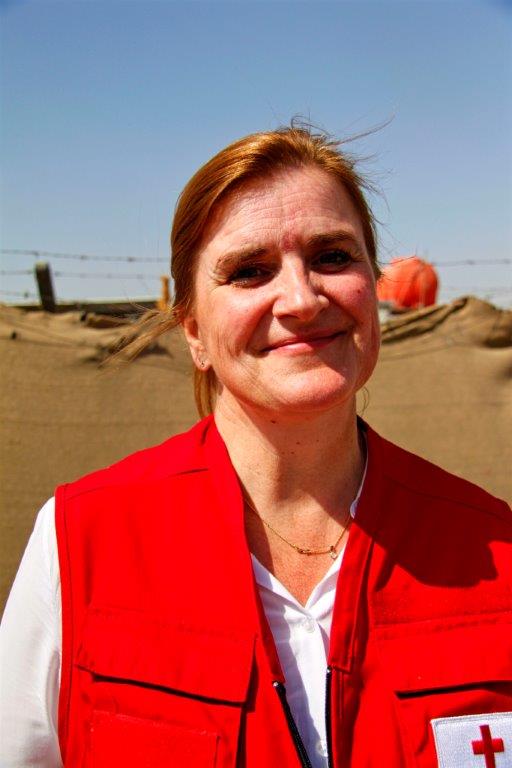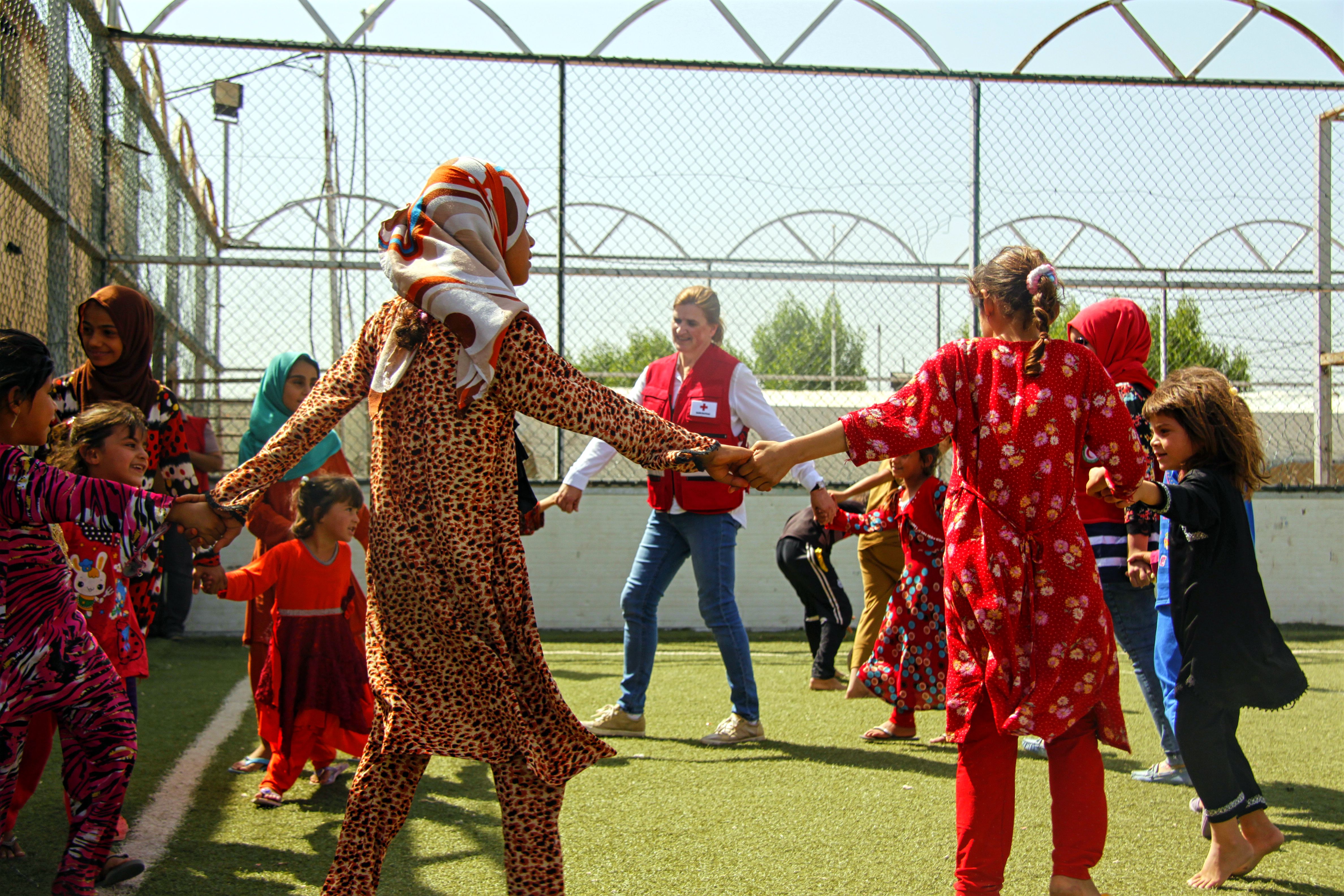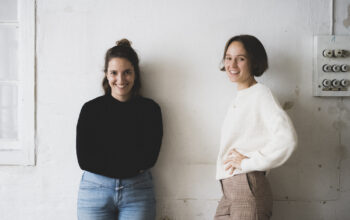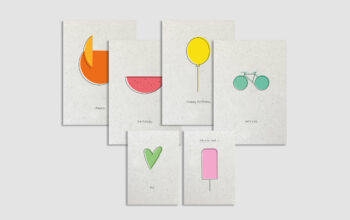The idea of aid and development is grand. So grand that people tend to think of it in abstract terms and forget the aid workers and their families behind it. My own mother is one of these workers, and time and time again I know that my family and I have to wish her good luck on her endeavours in faroff lands and hope that she will return. It has been both the greatest gift and the greatest challenge.
Henna Korte, 55, picked up her phone to receive a call for an interview after a long day at work. The time difference is +2 hours to Sweden. She lives in Erbil, Iraq. Currently working as a Danish Red Cross Country Coordinator for Iraq, she has been away from her family and friends for 15 months. Trying to reminisce about how she ended up as a humanitarian worker, she really could not come up with a clear answer.
“I suppose it came with the different jobs I had, and the fact that I had joined Red Cross when I was young…” Korte says, while still trying hard to think. Finally she says: “I don’t want to work for just the money, the pay should be something more than that.” The balance between humanitarian work and a so-called normal life can be difficult. As Korte starts to contemplate this, she jokingly questions if she even has a life. She then goes on to elaborate on the need of keeping in touch with family and friends while abroad, and emphasises the ease the internet has created. Not only do you want to hear how your family is doing back home, talking to friends and colleagues really helps you to stay strong and get through the hardest of times, Korte says. When she starts to go through her education, it becomes clear how not only well-educated she is in the field, but also how much passion she has towards it. She has received close to all training possible and keeps training even after more than twenty years of experience. She started off as a nurse, specialising in intensive care, but accentuates the fact that a nurse trained for Finnish hospitals will not have the readiness required for a job in a crisis zone.

“I have the technical skills and the experience, but the other side, the psychological side, could have been taken better care of…” Korte says. “The training of staff could be elaborated. We always get a briefing pre-mission, and debriefing when we come back home. But neither of these really focus on anything else except the technical side of the job. In Iraq, [the International Committee of the Red Cross] has organised a system to look after the psychological wellbeing of employees, frankly my first mission there was a need for psychological care and now has been acknowledged. I have to say, there have been missions in which no one could ever be prepared for, such as the 2004 Indian Ocean earthquake and tsunami.”
Every humanitarian worker goes through different experiences, some more demanding than others. Korte counts the more difficult missions in her head, but ends up coming up with an answer: “there are many.”
The ones that stand out to her, she lists as her 18 months in Thailand, two months in Jordan, and now her 15 month mission in Iraq. Why? “The difficulties often come with the culture. It takes time to change your way of working while still holding onto your own values and working ethic. You need to learn how to work with the new culture and still be effective. As Red Cross always works with the national society of the country, we are there as guests and to support their work. We are not in the position to rule them.”
Even though Korte lists her long mission in Thailand as one of the hardest ones, the same mission makes the cut for the most rewarding ones, too. “When you are somewhere for so long, and you can see progress, it feels gratifying. Also, my mission on Saint Vincent and Grenadines was a personal success, due to the national society’s cooperation and willingness to work with me. Everything ran so smoothly in a small place”, Korte explains.
So what happens when a mission has come to an end? “When returning home, that’s when the culture shock normally hits you… It can be very difficult to come home after a mission. I remember after getting back home from Iran, I woke up in the middle of the night. I panicked when I saw that there was a man in our tent and this odd blue lamp. Had to shake myself awake to realise that the man next to me was my own husband, and the lamp was my own reading light.” Working 7 days a week for five weeks straight, how Korte lived in Iran, leaves its marks on the body as well as the mind.
Korte continues to explain her last weeks in Thailand, describing an attack, a jungle knife on her throat, beaten up in a bush. “I was lying there thinking if my family would ever find out why I didn’t come home.” No wonder dark alleys in the quiet suburbs back home can then be frightening. Every humanitarian aid worker has their own ways of returning back to the normal lifestyle that awaits at home, for Korte the way to do this was to get straight back into work. “I have never had a holiday after a mission, through my daily job I reset myself. When you face new challenges, you don’t have to think about the old ones.”
“Now I often get asked how can I work in Iraq when everyone is a terrorist… People don’t see a crisis happening, if they have got things so good themselves in a safe and stable country. Too often people think that the people who need help now have brought this onto themselves. People question my whole job through their own prejudices and stances. It frustrates me how people do not use their eyes enough to see that not ‘all Arabs are terrorists,’ ‘a woman could not possibly work in Iraq.’ Erroneous preconceptions are rarely cleared.”
“I have had opportunities to talk to volunteers, and what keeps me going and truly touches me is that there are people wanting to help in every corner of this planet”, Korte explains. She continues to elaborate on stories from villages and camps, where people are kind and kids are full of life. The smile can be heard from Korte’s voice as she talks about all the various encounters she has had with people along the years. “That’s the best part of this job, meeting people.”
“What you see will have an affect on your own thoughts. I find someone to talk to quite promptly, normally I resort to the help of a colleague.”
“August 31, 2005. I do not think I will ever get over it.”
But now I can talk about it. I was joining a group of officials to send the caskets of three Finnish children home, eight months after the Tsunami.”
The children were five, nine and twelve. Korte was observing the last identification before their last journey home began.
Korte has two children herself. And at the time, her children were aged 10 and 13, and the whole family lived in Thailand.
“The pain from this I took out on my husband, I waited until the kids were asleep of course.”
“People always understand natural catastrophes better. I myself have a hard time accepting violence, that is why I haven’t applied to work in conflict zones before. Even today I was visiting a camp, and out of curiosity I asked how far away we were from Mosul. 25km.” But how is it possible not to be scared all the time when you are situated in a crisis zone? “I believe in people and their inner good. I come to help and I am confident that I will be fine”, Korte says.
Wherever you go, on a holiday or for work, you will come across different things which can be dangerous. Never underestimate the power of efficient vaccination and wellthought behaviour. “The greatest physical danger I had to go through, actually happened to my child when they got sick with Dengue-fever while my whole family lived with me in Thailand.” Korte stayed next to her child every night, making sure she got the best care.
“What people have to remember is that aid workers end up leaving, the people who need help, will stay.”
Laura Korte
Photos by John Nissen
This interview has been translated from Finnish.








